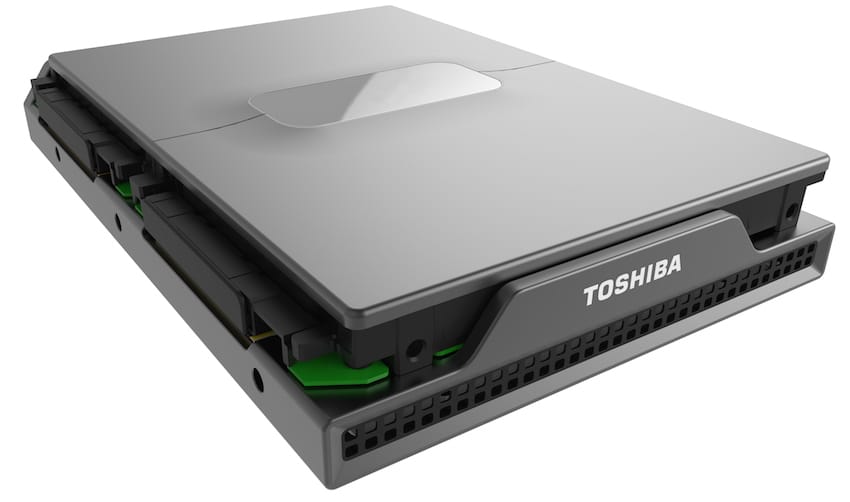![]() Today at the OpenStack Summit in Vancouver, Toshiba America Electronic Components, Inc. announced two new key value-based technologies that are geared for object storage, big data analytics, virtualization, and for active archival. These new technologies have the benefits of high capacity and high performance scale-out object storage and maximize uptime while reducing the overall mean time to repair. Toshiba will be having a demo of this new technology at its booth, P1, during the OpenStack Summit, May 18-22.
Today at the OpenStack Summit in Vancouver, Toshiba America Electronic Components, Inc. announced two new key value-based technologies that are geared for object storage, big data analytics, virtualization, and for active archival. These new technologies have the benefits of high capacity and high performance scale-out object storage and maximize uptime while reducing the overall mean time to repair. Toshiba will be having a demo of this new technology at its booth, P1, during the OpenStack Summit, May 18-22.
Today at the OpenStack Summit in Vancouver, Toshiba America Electronic Components, Inc. announced two new key value-based technologies that are geared for object storage, big data analytics, virtualization, and for active archival. These new technologies have the benefits of high capacity and high performance scale-out object storage and maximize uptime while reducing the overall mean time to repair. Toshiba will be having a demo of this new technology at its booth, P1, during the OpenStack Summit, May 18-22.

As enterprise deployments of scale-out object storage increase, key value technologies are becoming a more attractive choice to be adopted as part of mainstream performance and capacity-oriented business applications. Toshiba’s new key value-based object storage drives are enabled with scale-out storage software such as Ceph and are aimed at enterprise primary storage, unstructured data, information governance, analytical data, and for archival and cold storage. Toshiba is delivering a single class of product that can be provisioned for different workloads, delivering a “true software-defined storage infrastructure.”
One of the technologies Toshiba announced today is a multi-device storage solution designed to help enterprises meet growing data storage needs while reducing both capital expenditures and operating expenses. The solution integrates Ethernet, SSD, HDD, 64-bit compute, and an open source Linux platform all on a 3.5” form factor. The SSD will lower latency while the HDD adds capacity and throughput.
The other key value-based technology announced is an Ethernet based HDD that is optimized for shingled magnetic recording (SMR) media interface. This technology would be better suited for archive and cold data applications.
Toshiba’s Key Value Drive page

